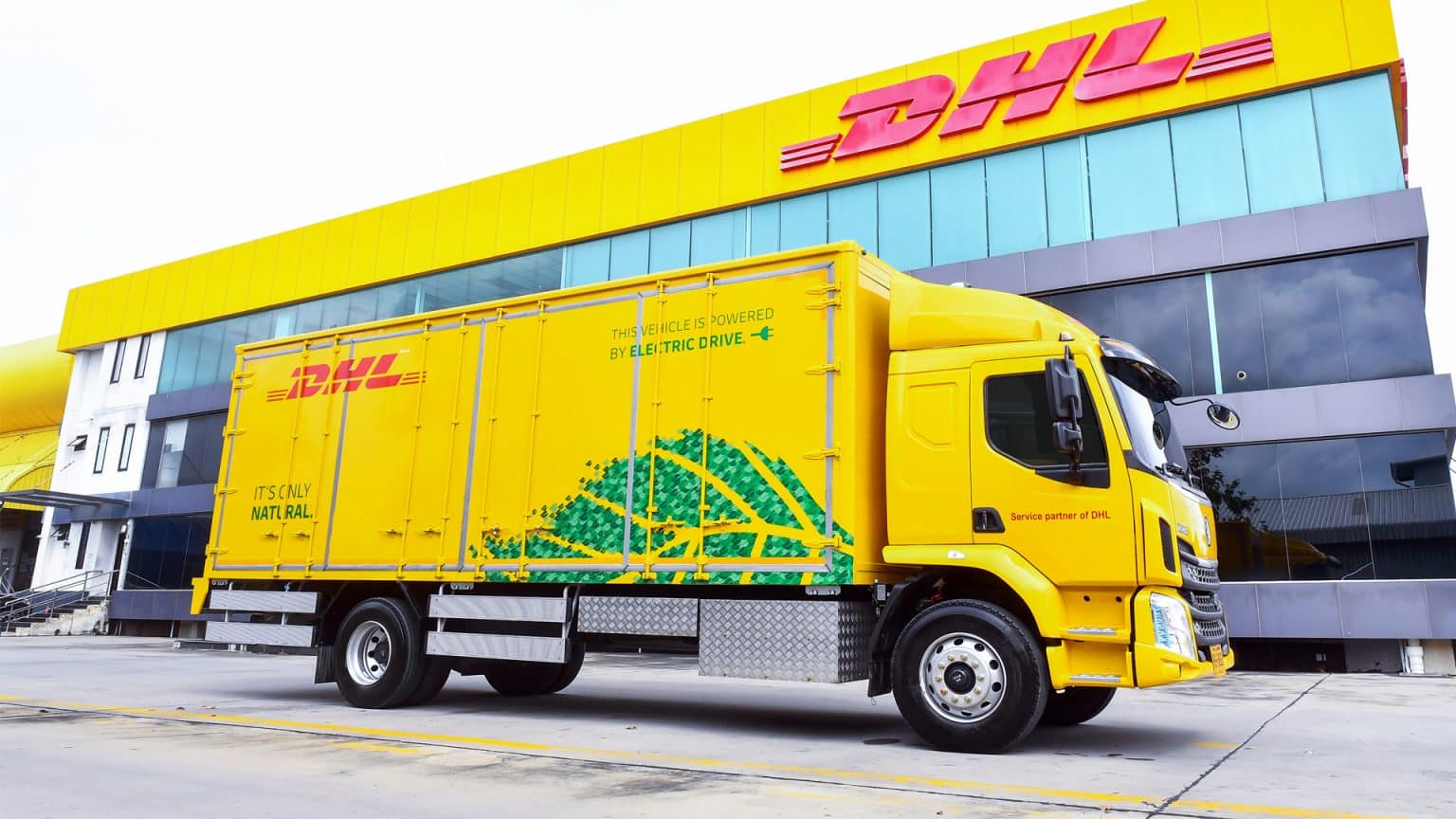
Global commerce faces new headwinds as DHL Express, one of the world’s leading logistics companies, has announced it will temporarily halt all high-value shipments over $800 to U.S. consumers starting April 21, 2025. This decision comes in direct response to recent changes in U.S. customs regulations that have lowered the formal entry threshold from $2,500 to $800, significantly altering the landscape for international e-commerce and shipping.
What Changed and Why It Matters
The U.S. government’s regulatory adjustment means that any shipment entering the country valued above $800 now requires a more detailed customs clearance process, similar to what was previously only necessary for goods exceeding $2,500. This shift, aimed at tightening import controls and increasing tariff enforcement, has led to widespread delays at customs checkpoints, prompting logistical bottlenecks and frustration among global shippers and importers.
While business-to-business (B2B) shipments will continue as usual, DHL warns that these too may face delays due to congestion and increased scrutiny by customs agents. Shipments under $800 will not be impacted by the temporary suspension but may still see cost increases, as U.S. Customs and Border Protection will begin applying duties to all packages arriving from China and Hong Kong effective May 2.
DHL’s Strategic Response
In a statement, DHL Express cited the need to maintain efficiency and minimize disruption to its network. “The revised threshold has created challenges in the customs clearance process,” a spokesperson explained. “Until further notice, we are suspending shipments over $800 to U.S. consumers to ensure operational reliability.”
DHL’s move has sparked concern among global retailers and exporters who rely on the company’s services for timely delivery of premium goods, especially in industries such as electronics, luxury fashion, and specialty equipment.
Impact on Retailers and Global Trade
For businesses exporting high-value goods to the U.S., especially small and medium-sized enterprises, this change poses significant financial and logistical challenges. Retailers now face the task of reworking pricing models, adjusting shipping practices, and potentially splitting larger orders to stay under the new $800 threshold.
“This is going to raise operational costs for companies that rely on high-ticket international sales,” said Jane Li, an international trade consultant based in Hong Kong. “Many will now have to consider domestic warehousing options or more expensive alternative logistics providers.”
Adding to the turmoil, Hongkong Post has already suspended sea shipments to the United States, directly citing frustrations with the new regulations and criticizing the lack of transitional planning by U.S. authorities. The postal service warned of “a growing ripple effect” across Asia-Pacific shipping corridors.
What Happens Next?
Logistics experts predict this may only be the beginning of broader disruptions in cross-border commerce, especially if other logistics giants follow DHL’s lead. Several international shipping firms are reportedly reviewing their U.S. shipping policies in anticipation of similar customs enforcement crackdowns.
In the meantime, DHL customers are being advised to closely monitor shipment values and consult with logistics coordinators to determine viable alternatives for high-value exports to the U.S.
As the global supply chain continues to navigate these abrupt regulatory changes, flexibility and strategic planning will be key for businesses to maintain resilience in the face of shifting trade policies.
Key Dates to Watch:
- April 21, 2025: DHL halts U.S. consumer shipments over $800
- May 2, 2025: Duties apply to all shipments from China and Hong Kong, regardless of value
Affected Parties:
- E-commerce businesses
- International retailers
- U.S. consumers purchasing high-value goods
- Freight forwarders and postal services across Asia
Sources: Reuters, BBC, MaritimeGateway, Sky, BusinessTimes.